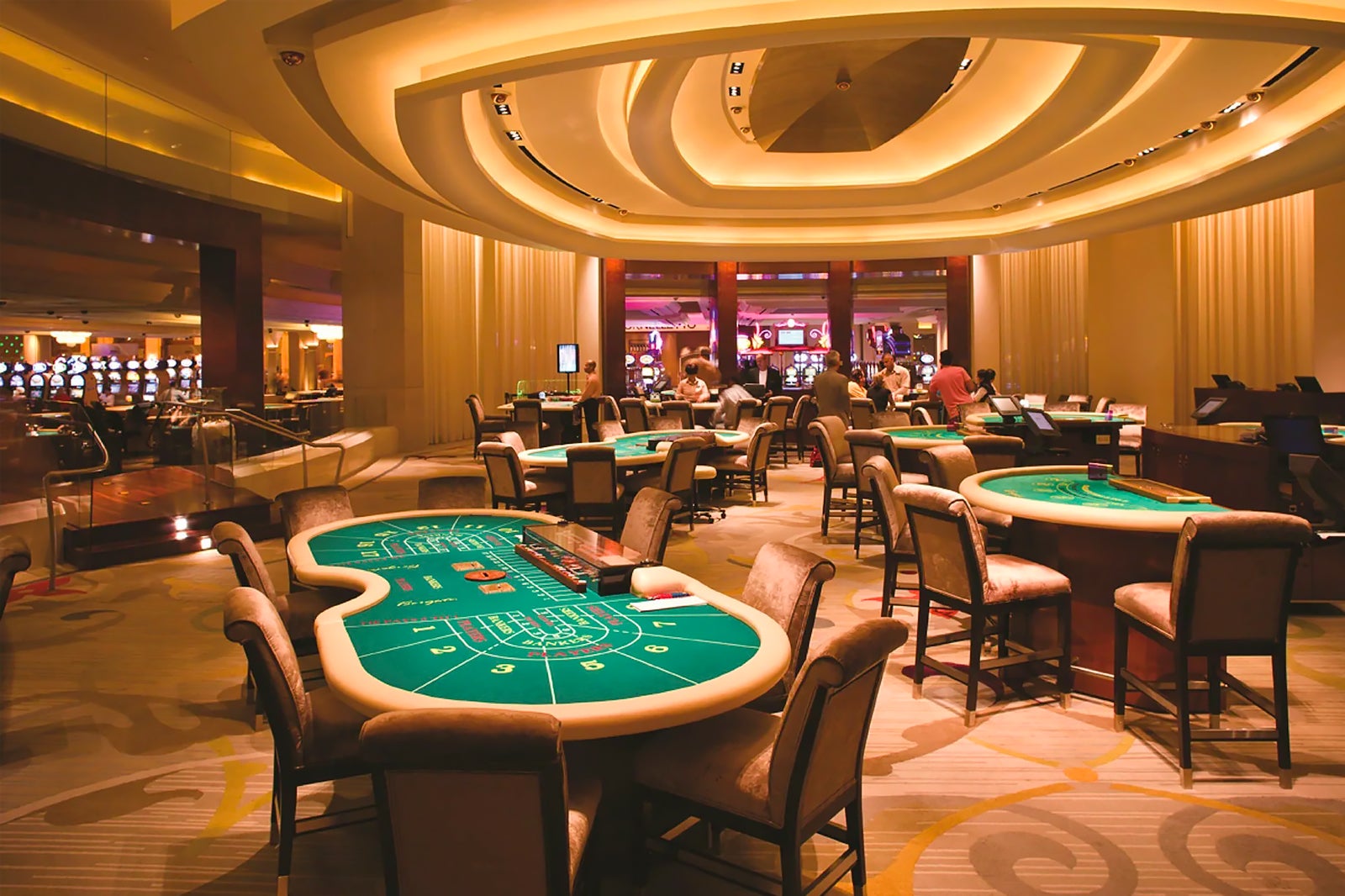
When we think of gambling activities, the first images that often come to mind are those of spinning roulette devices, card tokens clinking on fabric tables, and dice flying across a gaming surface. While many view these activities as mere pastimes fueled by chance, a deeper exploration reveals a captivating blend of strategy, skill, and social interaction that elevates them far beyond basic luck. Jun88casino top Regardless of whether you are a seasoned player or a inquisitive newcomer, understanding the subtleties of these games can significantly enhance your experience and appreciation.
Gambling games have evolved over hundreds of years, with different cultures contributing to their diverse histories and variations. From the intricate tactics of blackjack to the deception methods in card games, players engage in a battle of wits as much as a risk on numbers. This dynamic interplay between luck and skill creates a exciting atmosphere that draws countless people to gambling establishments worldwide. As we delve into the realm of table activities, we will reveal the strategies that can shift the odds in your favor and the community aspects that make these activities a favored choice for leisure and engagement.
The Approach of Table Games
Casino gaming often involve a blend of ability and luck, which makes them intriguing for players who enjoy a challenge. Each title has its own set of guidelines and tactics that can affect the results. For instance, in titles like 21, participants are required to use strategies like counting cards and grasping the odds to make informed decisions. This expertise can greatly improve the victory potential, distinguishing experienced participants from beginners who may rely solely on luck.
In contrast, games such as the roulette may appear to be purely based on luck, but tactical thinking can also come into play. Participants can select between different wagering strategies, such as the Martingale strategy, where they increase the bets after losses. This method can establish a more methodical approach to the game. Understanding the odds of specific wagers can also help participants make smarter decisions on the table, showcasing that even games of chance, tactics can enhance the enjoyment.
Additionally, poker is notable as a title that strongly focuses on tactics. Unlike most casino titles, the game of poker merges skill, psychology, and luck. Participants must also focus on the cards they are given but also consider their rivals’ actions and betting patterns. Mastering principles like table position, the odds of the pot, and interpreting bluffs is crucial for winning. This depth of tactics in poker often creates to a more immersive encounter for participants, where their choices and abilities significantly impact the match’s results.
Understanding Likelihood and Ratios
In the realm of casino activities, probability and odds play a vital role in deciding a gambler’s potential outcomes. Every game has its own set of principles that define how the probability of winning or failing is measured. For instance, in matches like 21, players have a opportunity to affect their ratios through tactics, whereas in games like the wheel, the outcomes are exclusively governed by luck. Understanding how these chances are calculated can greatly impact how a gambler approaches the match.
Ratios are typically shown in two formats: fractional and numeric. Fractional odds show the ratio of the amount won to the amount staked, whereas numeric odds show the total payout for a successful wager, including the stake. For example, if a match has odds of 5 to 1, this implies that for every one dollar staked, a player could gain five dollars if they win. Understanding how to interpret these ratios allows players to evaluate their potential winnings and make more educated choices during play.
Gamblers should also be aware of the casino advantage, which is the casino’s built-in advantage over the gamblers. Each match has a distinct advantage, and grasping this idea is important for controlling one’s hopes and funds. Activities with a reduced advantage, such as 21 and chemin de fer, typically offer better ratios for gamblers compared to games like slot machines and lottery. By acknowledging the relationship between chance, odds, and the house edge, gamblers can improve their gaming experience and plan more effectively.
The Aspect of Table Gaming
Casino games at gaming establishments are often seen as a center of community engagement, drawing participants together in a collective experience that extends far beyond the mere act of gambling. The atmosphere at a blackjack table can be electric, with gamblers engaging not only with the game itself but also with one another. Laughter, cheers, and, occasionally, friendly banter create connections that enhance the overall experience of the gaming experience. This communal aspect can turn a solitary endeavor into a dynamic gathering, making casino games particularly appealing.
One of the fascinating elements of table gaming is the way it cultivates camaraderie among participants. Whether it’s teaming up to beat the dealer at a craps table or sharing stories between hands in a card game, the environment encourages communication. Players often share advice or strategies, creating a sense of community that enhances the fun. This social dynamic can make new gamblers feel welcomed and less daunted by the competitive nature of gaming. As the game progresses, friendships may form, leading to a sense of connection that keeps participants coming back to the table.
Moreover, the social aspect of table gaming extends beyond just the participants. Dealers play a vital role in facilitating interaction and maintaining the flow of the game. Their ability to engage players with friendly conversation and their expertise in running the table can create an inviting atmosphere. This connection between participants and staff adds another layer of enjoyment, where players feel connected not only to one another but also to the staff. Such interactions are often what make the experience unforgettable, as participants leave with tales to tell and relationships made, reinforcing the notion that gaming at tables are truly about more than just chance.